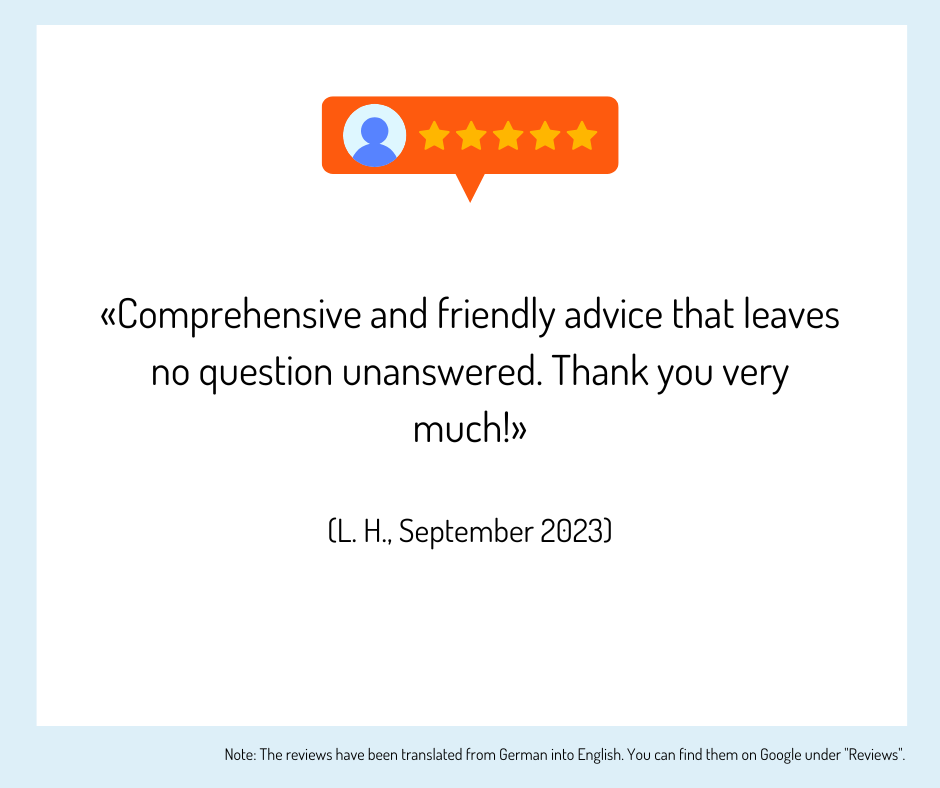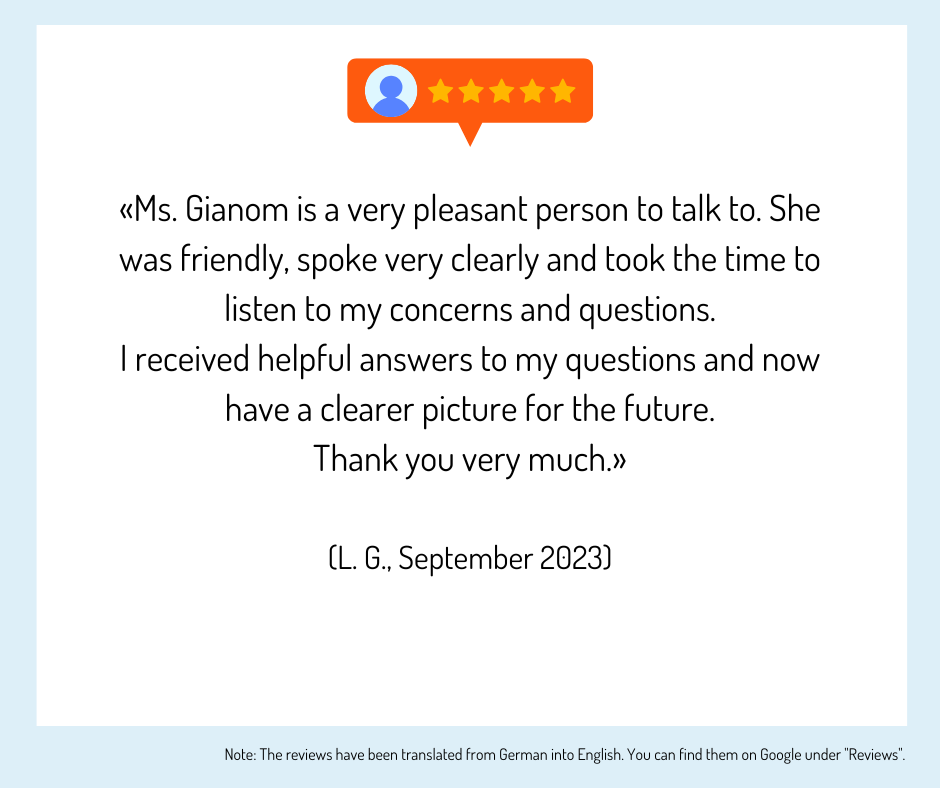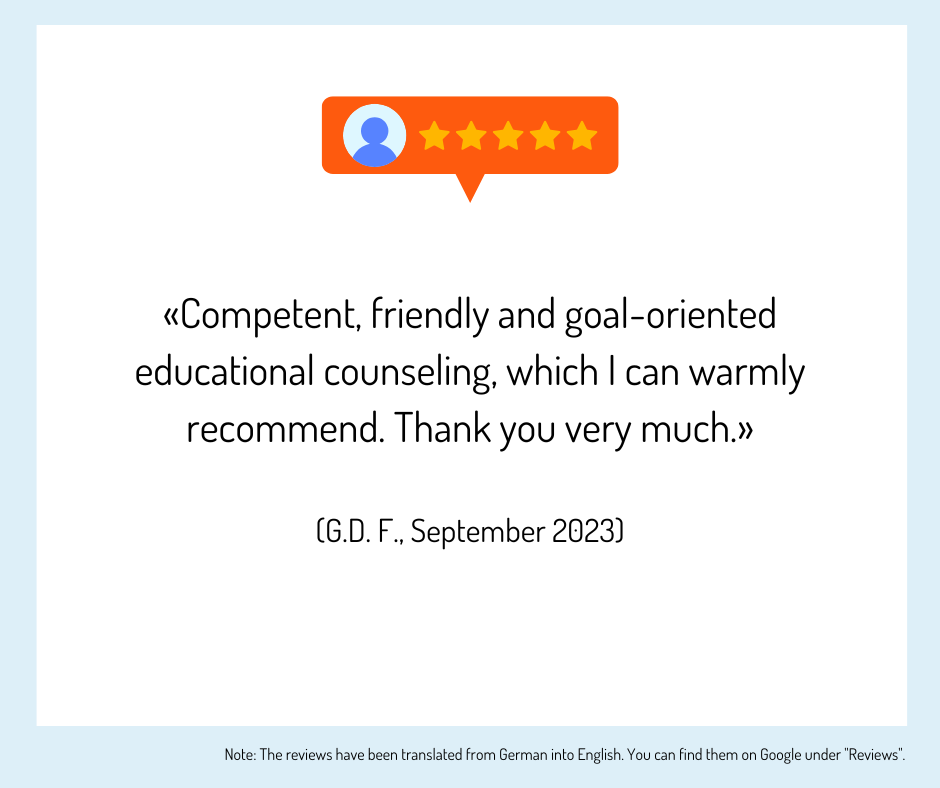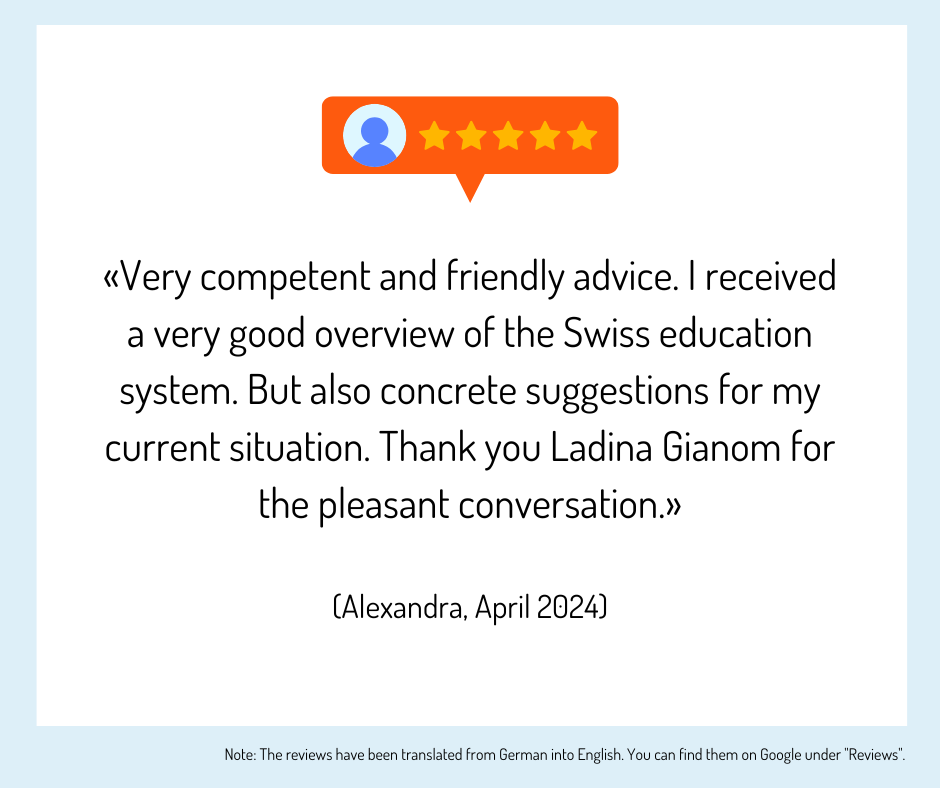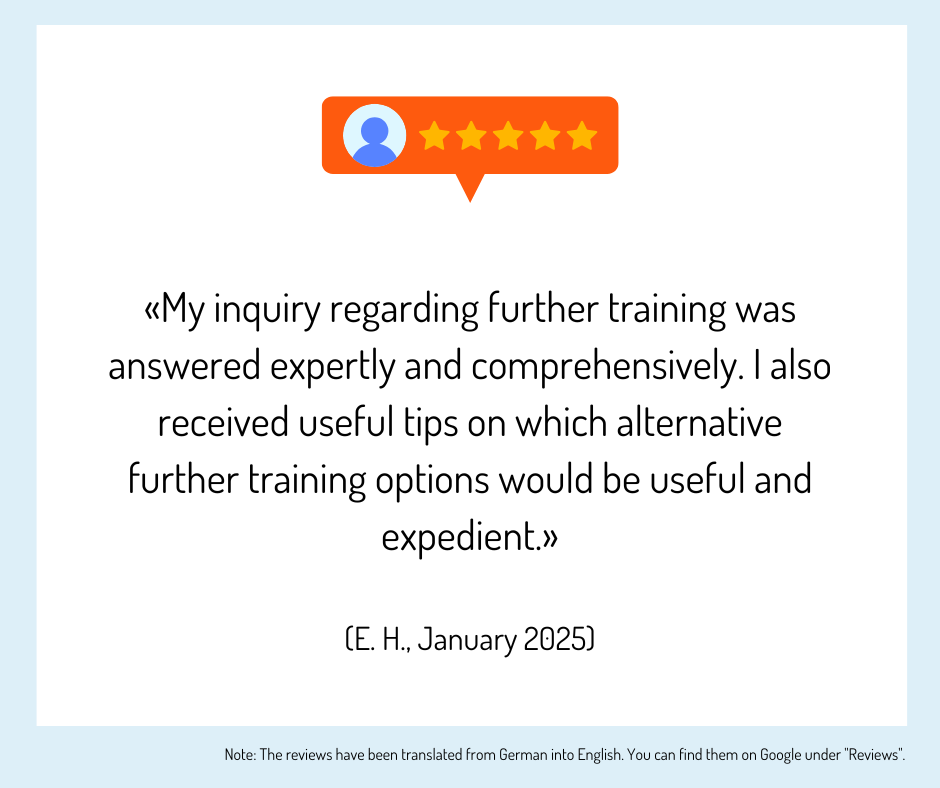Aquatic ecology: training, studies, schools and offers in your area
Aquatic ecology: environmental promotion and species identification
Questions and answers
How long does the Aquatic Ecology CAS cover?
The Certificate of Advanced Studies CAS Phytobenthos takes place over a period of 18 months with a total of 21 days of attendance. This continuing education, further training in aquatic ecology usually takes place on Fridays and Saturdays, but not weekly. Please contact the relevant University of Applied Sciences directly for the exact dates.
Is it also possible to attend individual modules rather than a complete CAS?
The CAS Phytobetnos - Aquatic Plants and Algae comprises three modules, whereby the third module, the final thesis, is without attendance days. The other two modules, species knowledge (14 attendance days with 6 ECTS) and bioindication (7 attendance days with 4 ECTS) can also be attended independently of the certificate course in aquatic ecology. For the Species Knowledge module, it is also possible to register exclusively for courses on individual groups of organisms (algae, macroalgae; diatoms; macrophytes; lichens and mosses), provided there are sufficient places available.
Can I also take part in the CAS Aquatic Ecology as an interested layperson?
As a layperson with a sound basic knowledge of water bodies, you can also participate in the CAS Phytobenthos - Aquatic Plants and Algae if you have no professional experience in nature conservation, species protection, water protection, aquatic ecology, water monitoring or education. However, each individual application for participation in the course will be reviewed by the course management. If you have any questions, please use our contact form to get in touch directly with the right contact person and let them know your concerns.
What kind of continuing education, further training is this in aquatic ecology?
The educational program on aquatic ecology is a CAS (Certificate of Advanced Studies) course offered by the ZHAW Zurich University of Applied Sciences of the Department of Life Sciences and Facility Management. The CAS Phytobenthos - Aquatic Plants & Algae is a specialized continuing education course that provides specialists with practical training
What are the benefits of the CAS in aquatic ecology?
With the continuing education, further training in aquatic ecology as CAS Phytobenthos - Aquatic Plants and Algae, participants acquire extensive skills in the application of bioindication methods, the implementation of up to moderately difficult species determinations and the assessment of standing small water bodies and watercourses with regard to their biological status.
Erfahrungen, Bewertungen und Meinungen zur Ausbildung / Weiterbildung
Haven't found the right training or further education yet? Benefit from educational advice now!
Further training is not only important in order to maintain or increase professional attractiveness, investing in training or further training is still the most efficient way to increase the chances of a pay rise.
The Swiss education system offers a wide range of individual training and further education opportunities - depending on your personal level of education, professional experience and educational goals.
Choosing the right educational offer is not easy for many prospective students.
Which training and further education is the right one for my path?
Our education advisory team will guide you through the "education jungle", providing specific input and relevant background information to help you choose the right offer.
Your advantages:
You will receive
- Suggestions for suitable courses, seminars or training programs based on the information you provide in the questionnaire
- An overview of the different levels and types of education
- Information about the Swiss education system
We offer our educational counseling in the following languages on request: French, Italian, English
Register now and concretize your training plans.



